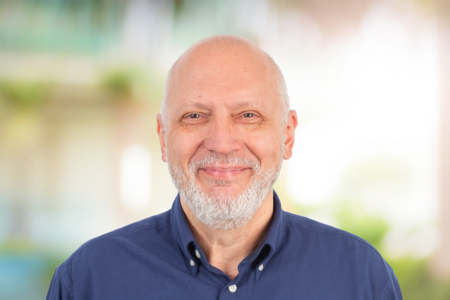2017 Olam Prize for Innovation in Food Security goes to Filippo Bassi & team

14 December 2017
Luigi Guarino | Director of Science and Programs
There are two ways you can deal with a problem. You can try to out run it. Or you can run towards it. Both have their advantages. Running away from a problem sounds bad, but discretion can indeed sometimes be the better part of valor. Look at the problem crops have with climate change. In some parts of the world, conditions are going to get so hot or dry for some crops, and so fast, that the easiest thing will be for cultivation to simply move to other places.
That’s not Filippo Bassi’s style, though. He’s the type that runs towards the problem. A durum wheat breeder based at the International Centre for Agricultural Research in the Dry Areas (ICARDA) in Morocco, he decided to use the diversity of his crop to develop new varieties for a place so hot that the crop already struggles there. And that’s not all. He wanted them to grow fast too.
The place is the basin of the Senegal River, which covers parts of Senegal, Mauritania and Mali in West Africa, home to at least a million families. Their main staple crop there is rice, but no cultivation is possible for 4 months of the year – December to March – because it’s too cold at night. Which is why the new durum varieties would come in handy. They would provide income and nutrition at what is otherwise a difficult time of the year, a hungry time. The problem is that during the day temperatures can reach 40°C. That’s very hot for durum wheat.
Crazy?
Even Filippo thought so, at the beginning. But fast forward five years of looking through thousands of different lines of durum wheat and its wild relatives, from genebanks and elsewhere; and making thousands of crosses among them; and looking at thousands more of the resulting offspring; and repeating the whole process again. It’s been hard, hot work, but Filippo and his team have come up with new varieties that show great promise, with the potential to yield three tonnes per hectare in just 90 days. They will now work with the pasta and couscous industry to make growing them profitable.
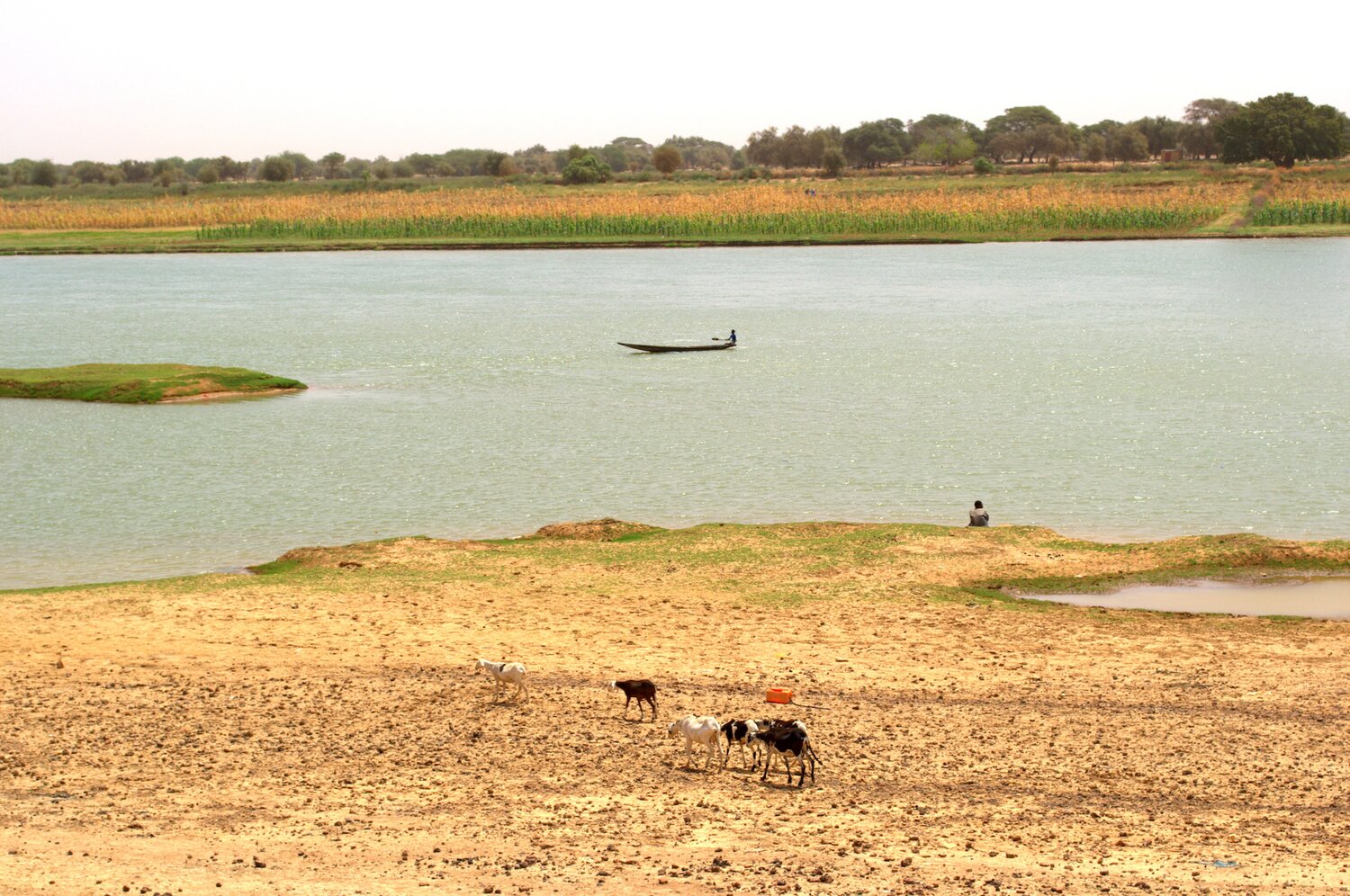
The Senegal River.
Photo credit: Filippo M Bassi
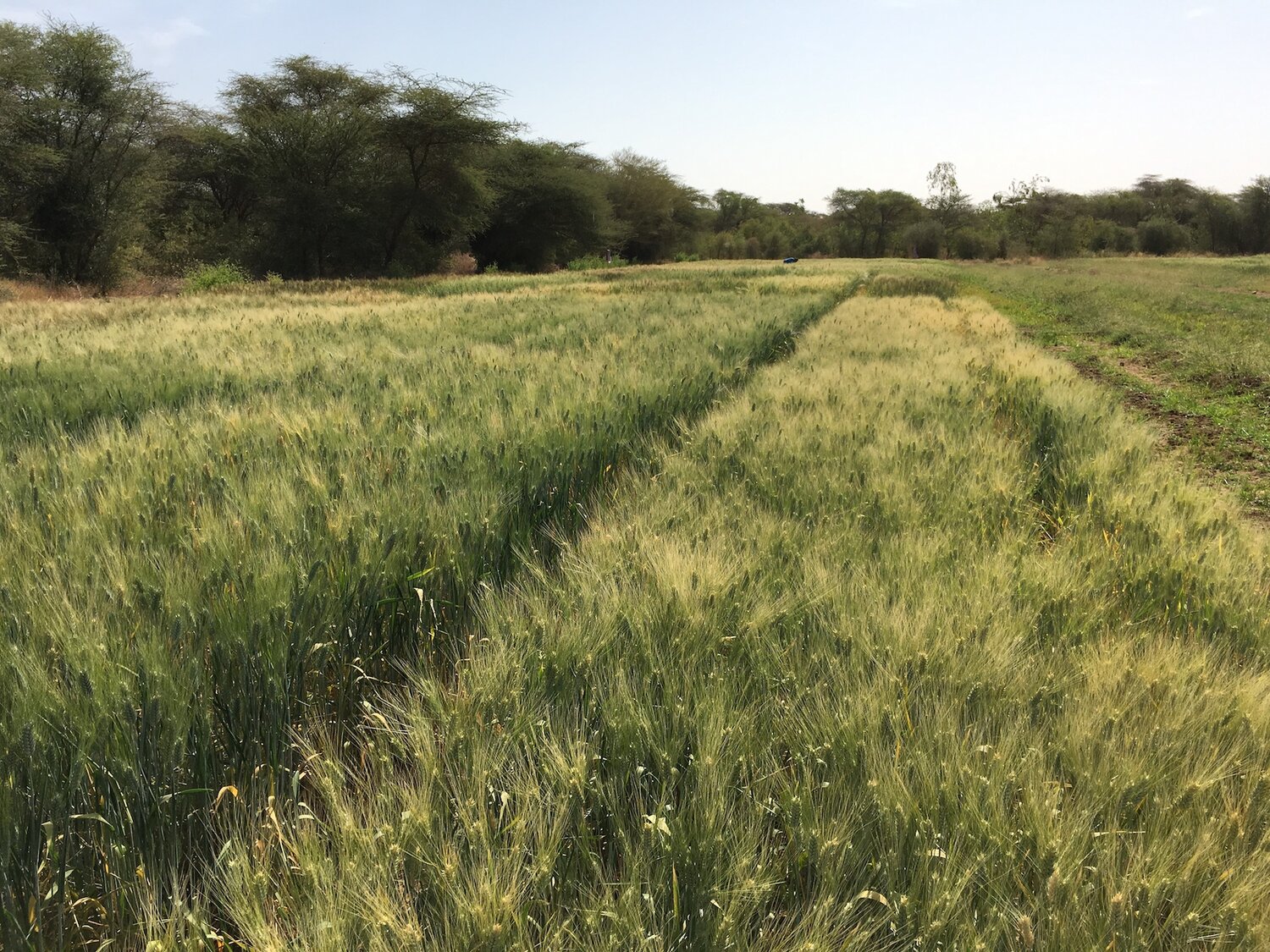
6 nice durum wheat varieties in Fanaye.
Photo credit: Filippo M Bassi
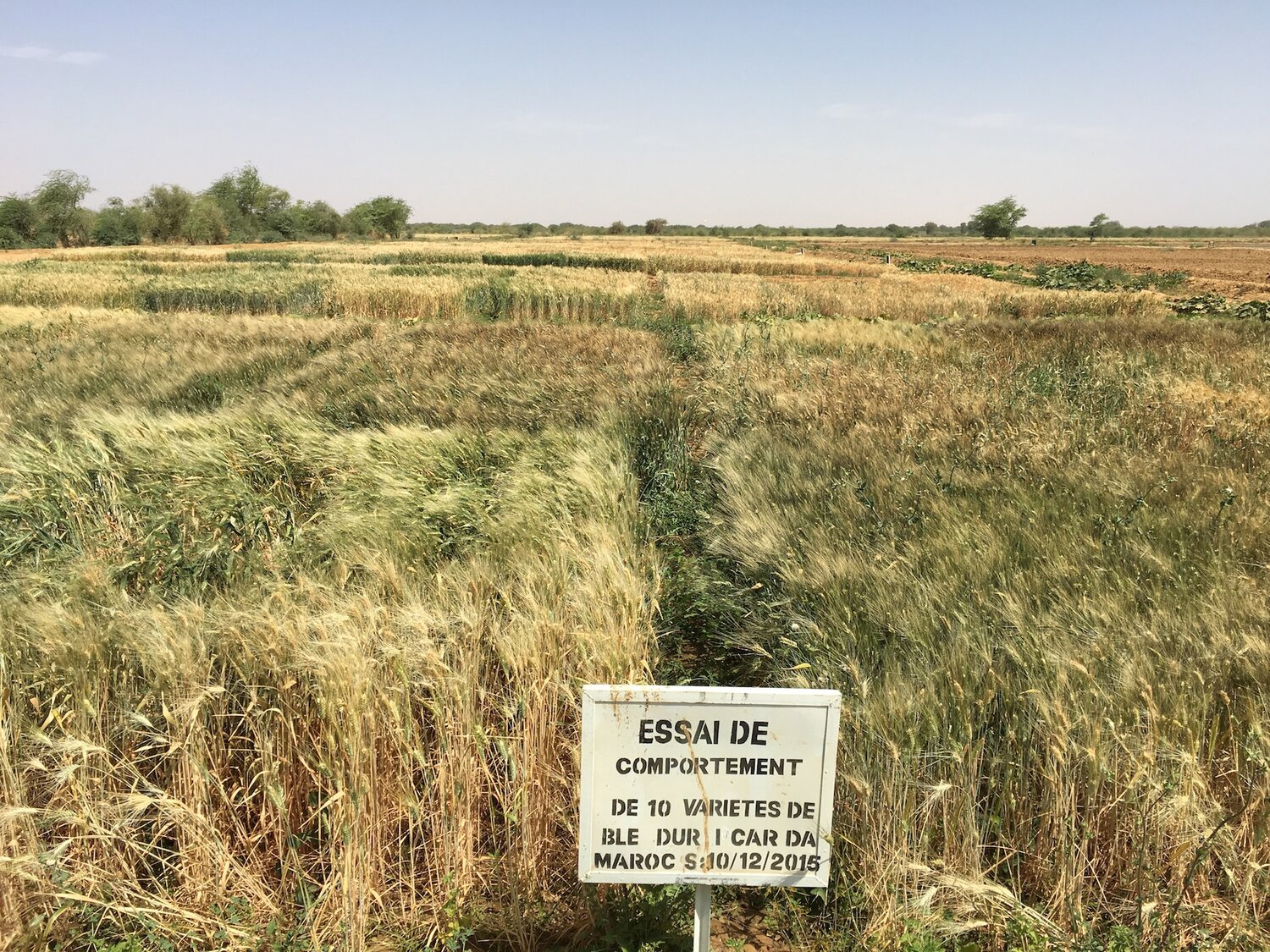
Testing and evaluation of ICARDA durum Daara.
Photo credit: Filippo M Bassi
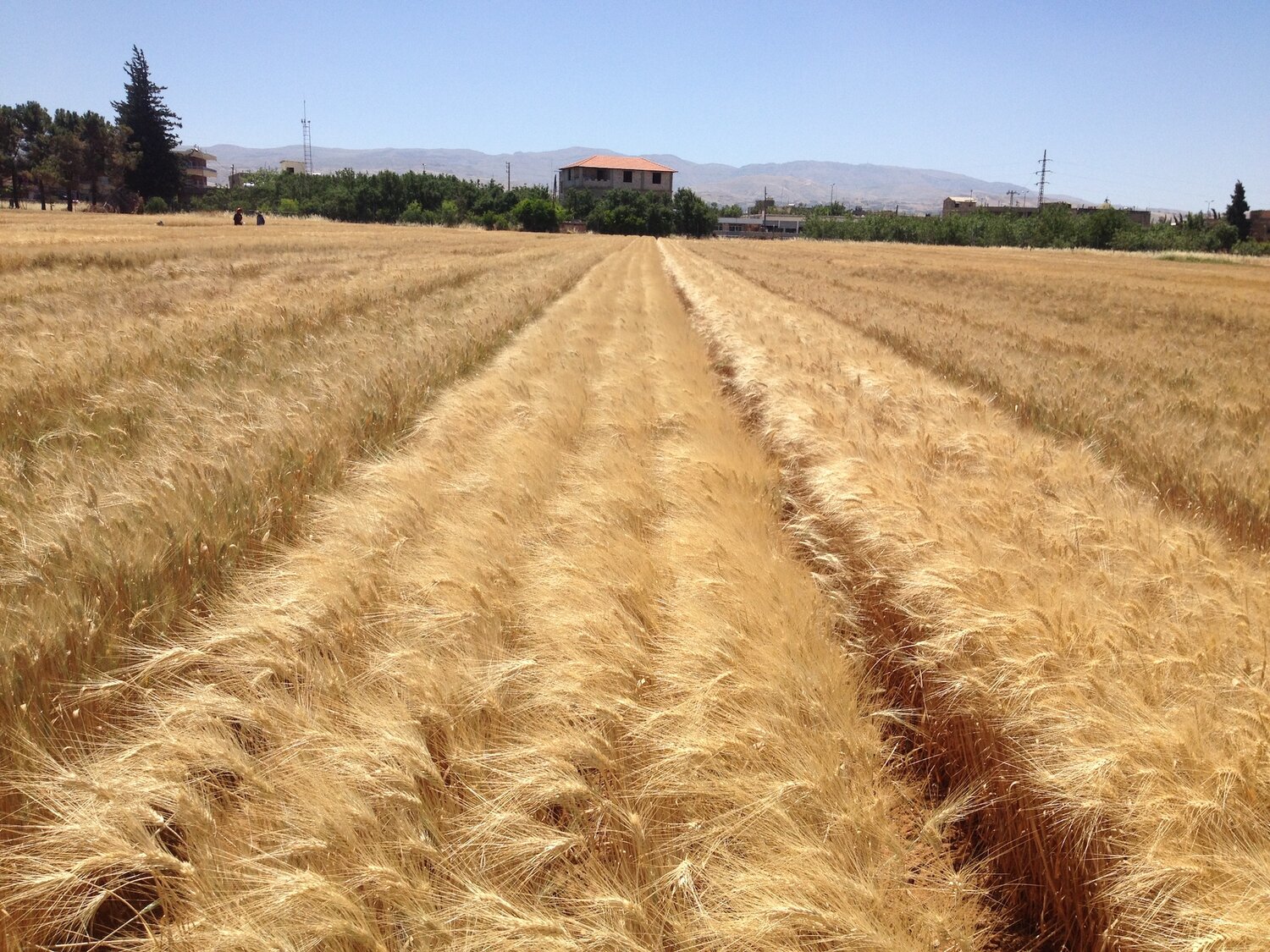
A true beauty in Lebanon.
Photo credit: Filippo M Bassi
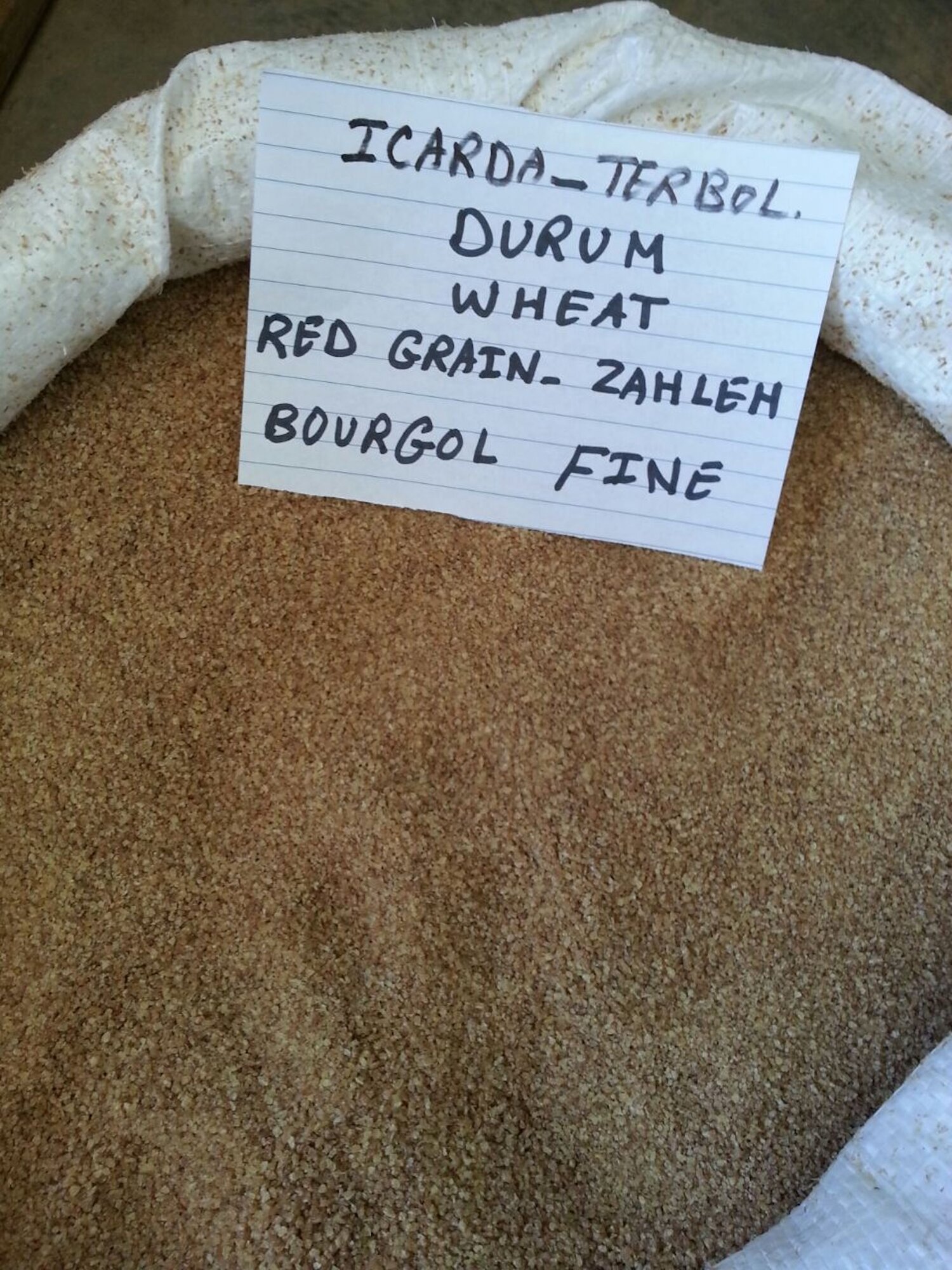
A donation from ICARDA to the Syrian refugees in Lebanon.
Photo credit: Filippo M Bassi
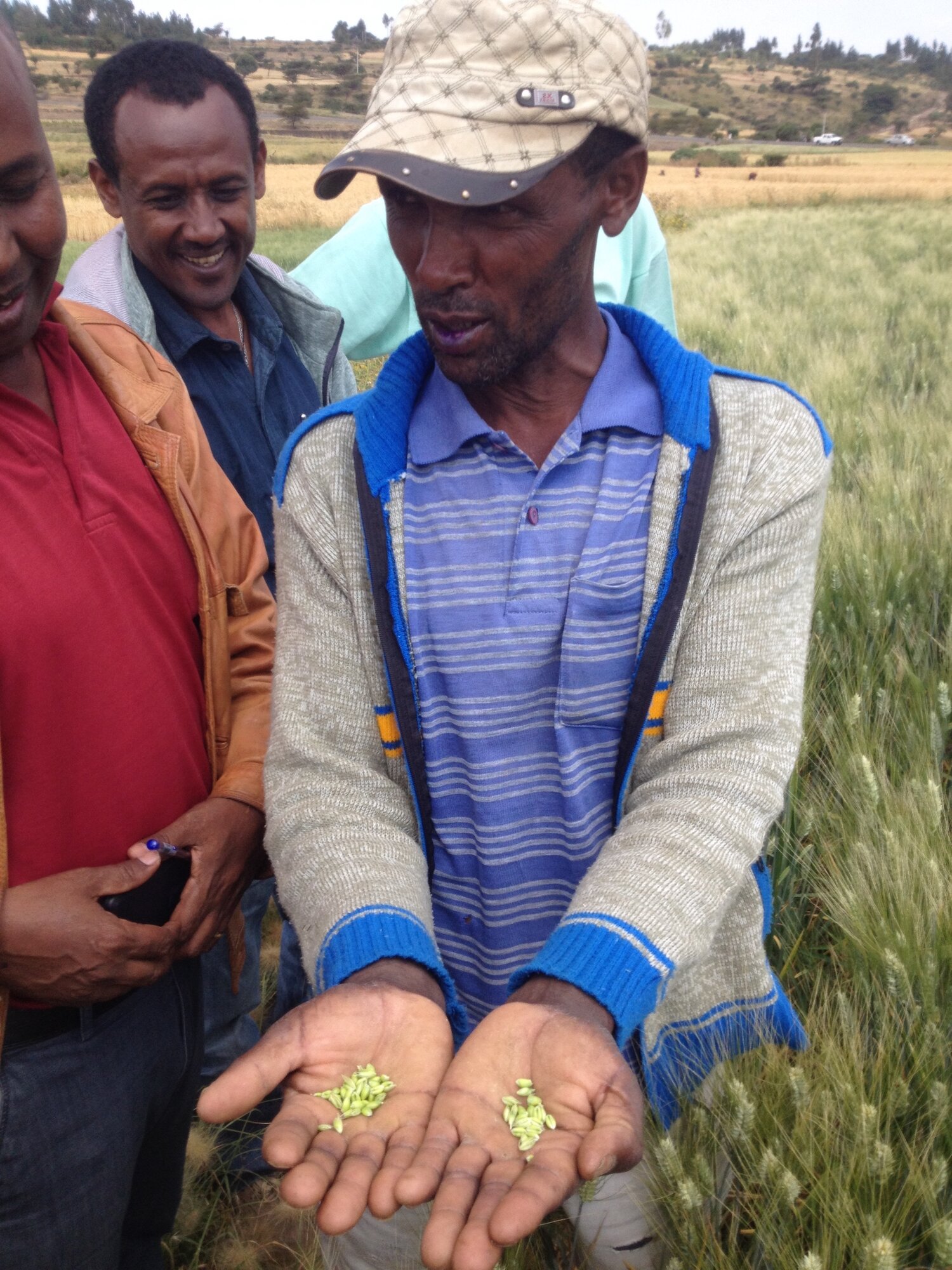
An Ethiopian farmer showing Bassi his increased yield with the new ICARDA varieties.
Photo credit: Filippo M Bassi
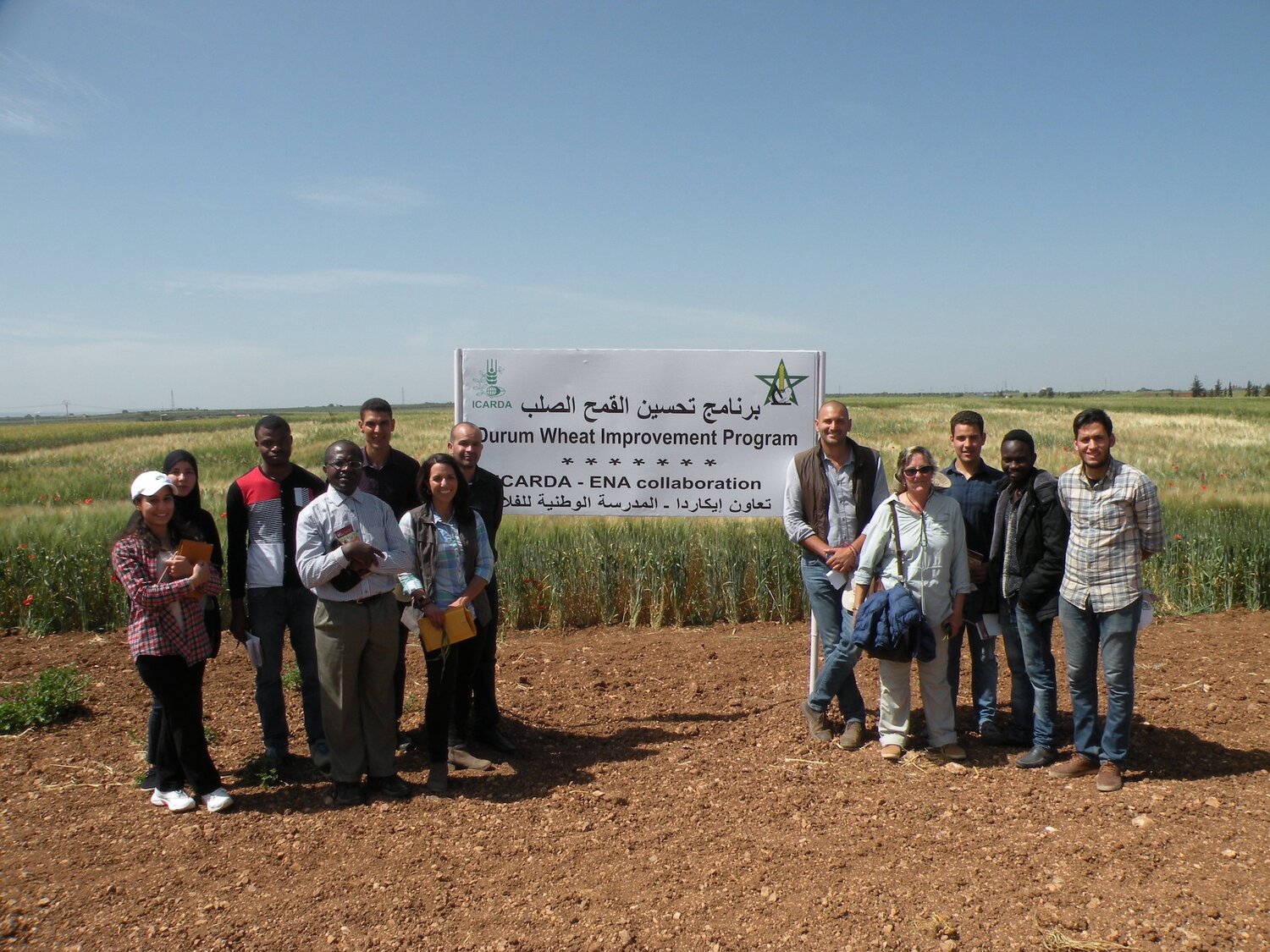
Breeding team at ENA Meknes.
Photo credit: Filippo M Bassi
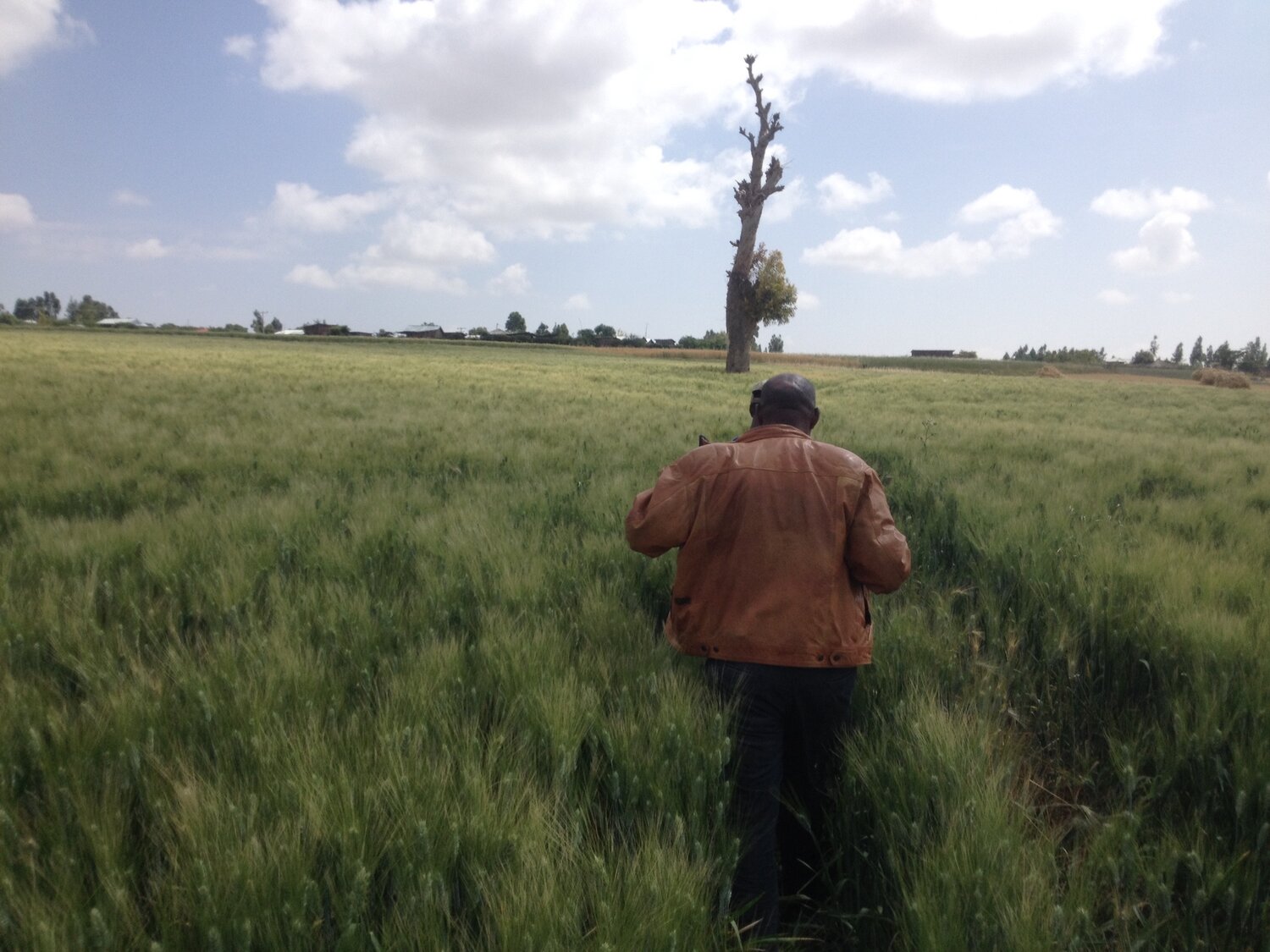
Beautiful field of new ICARDA wheat variety in Ethiopia.
Photo credit: Filippo M Bassi
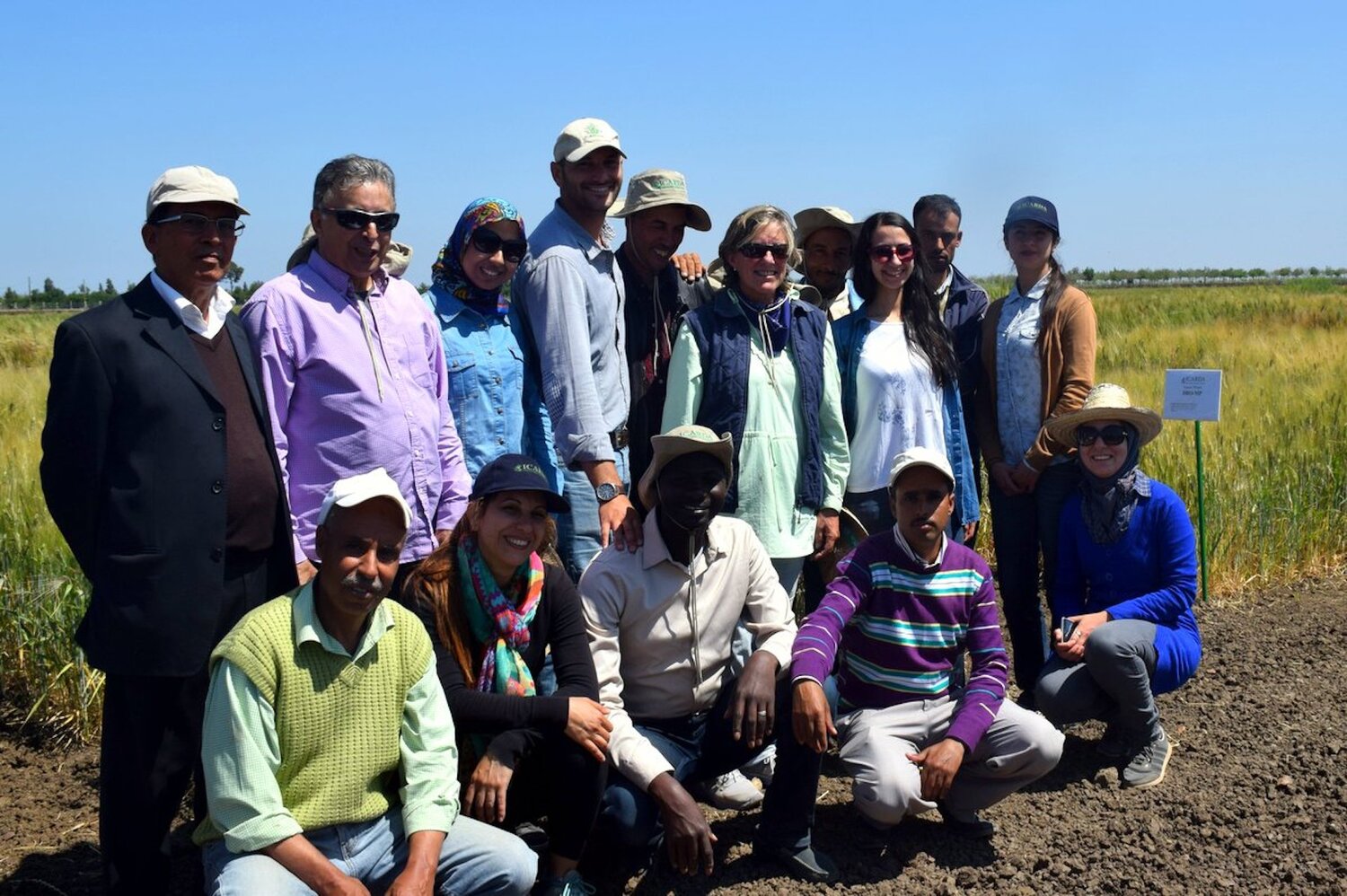
The Durum Wheat team in Marchouch, Morocco.
Photo credit: Filippo M Bassi
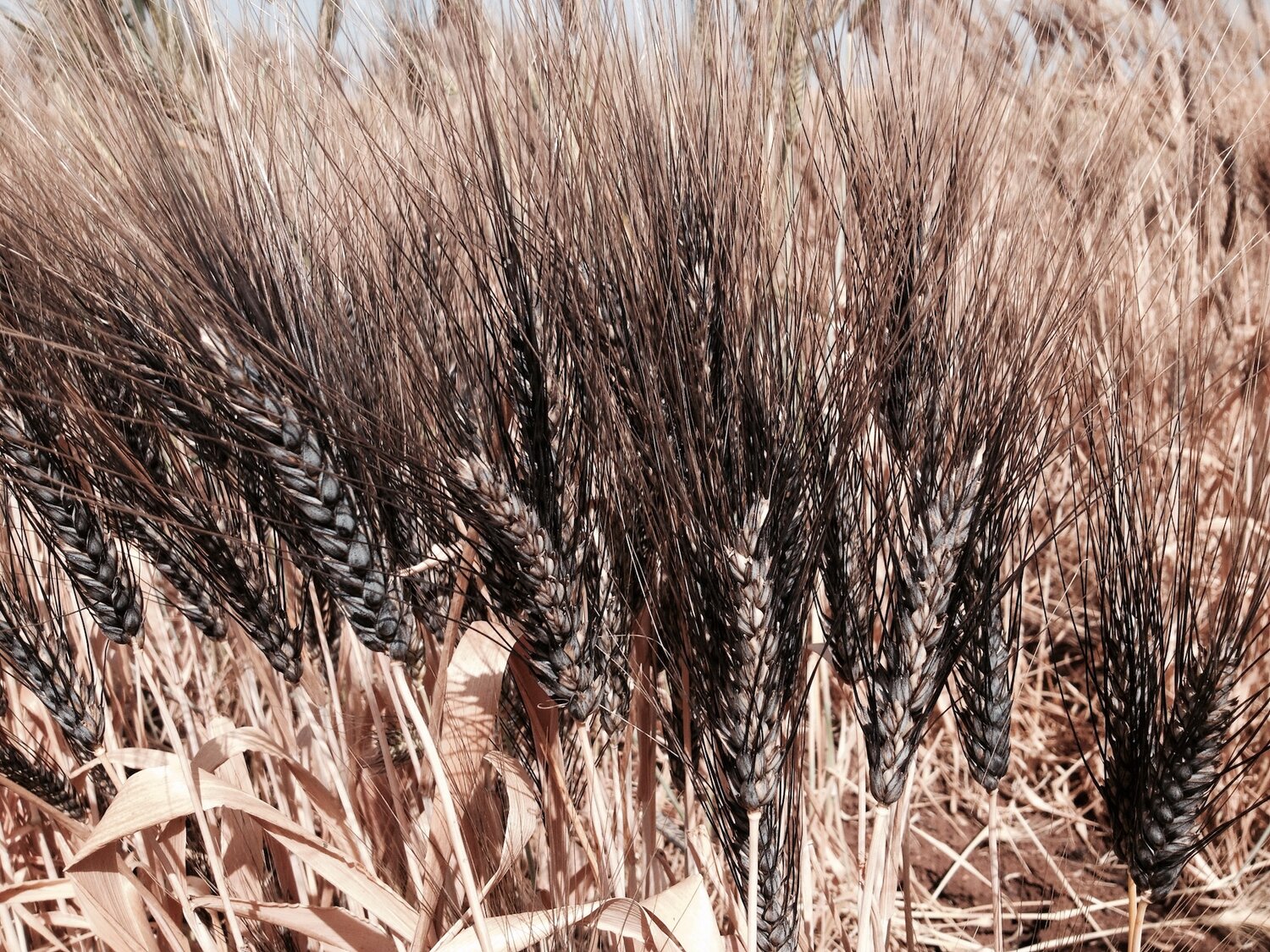
Excellent black owned durum spikes in Lebanon.
Photo credit: Filippo M Bassi
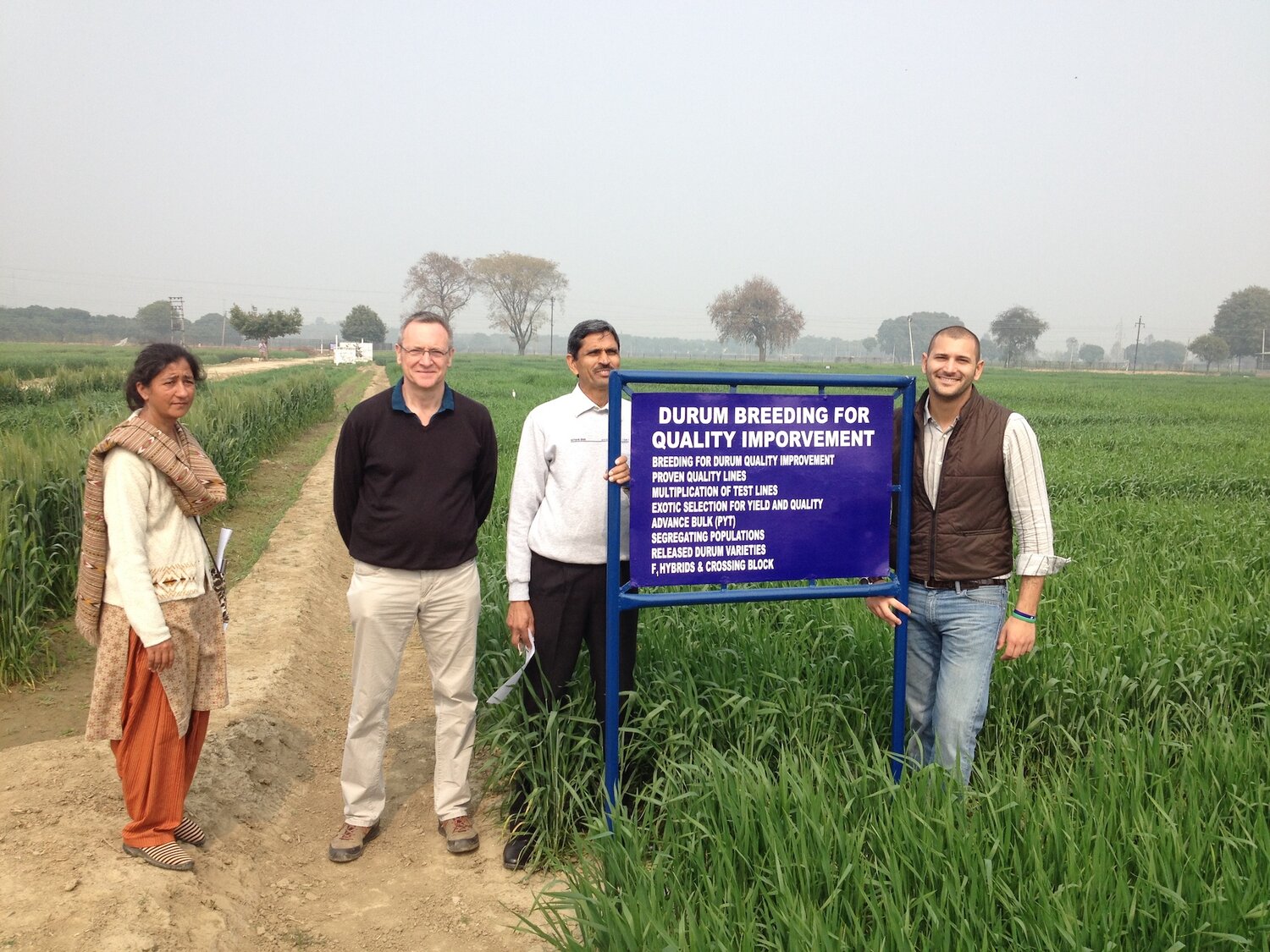
Partners of the Crop Wild Relatives project on durum wheat diversity from India, England, and ICARDA. Photo credit: Filippo M Bassi
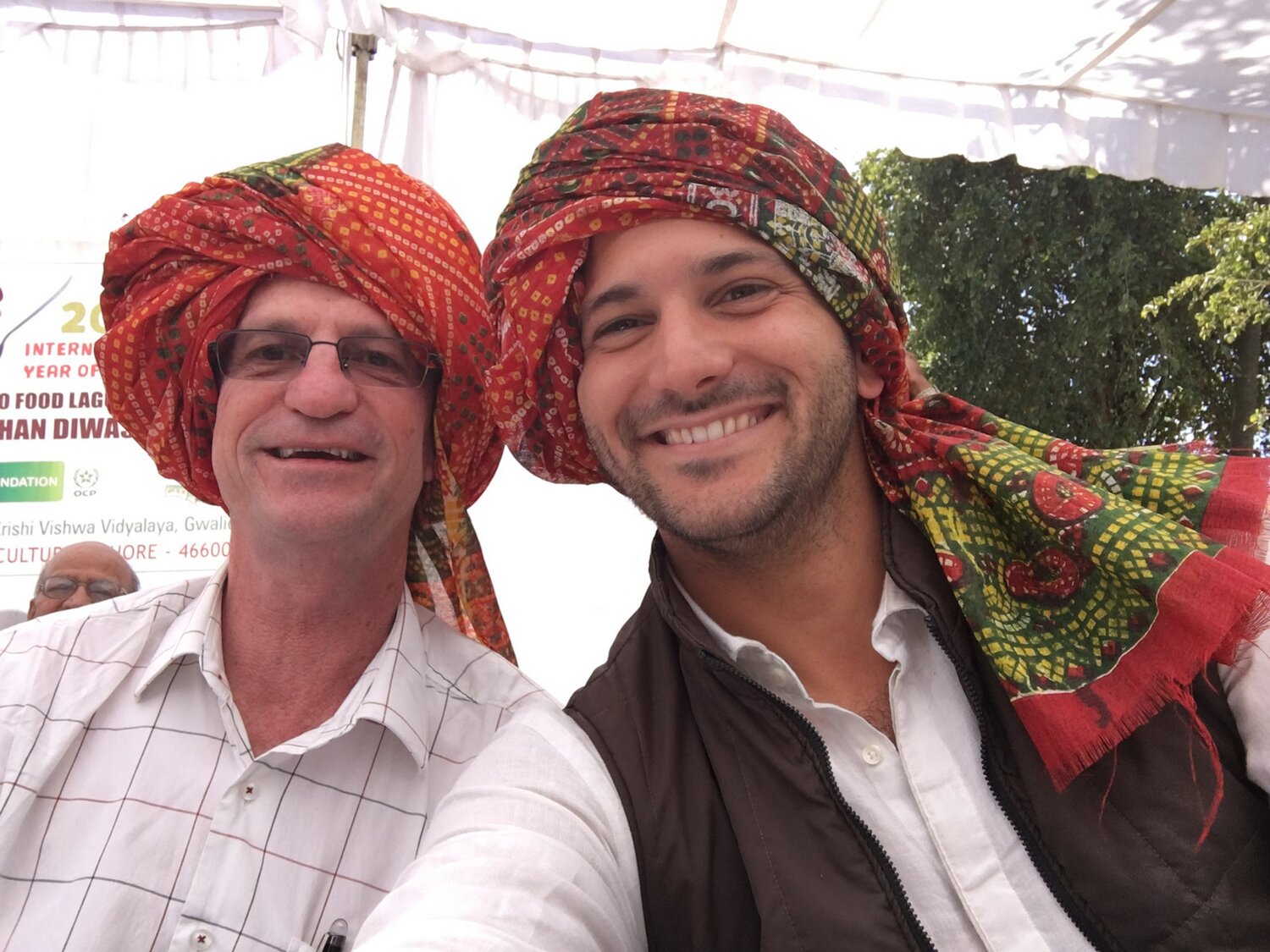
Filippo Bassi (right) and Dr Noble (left) receive an honor from the village of Amalah in India. Photo credit: Filippo M Bassi
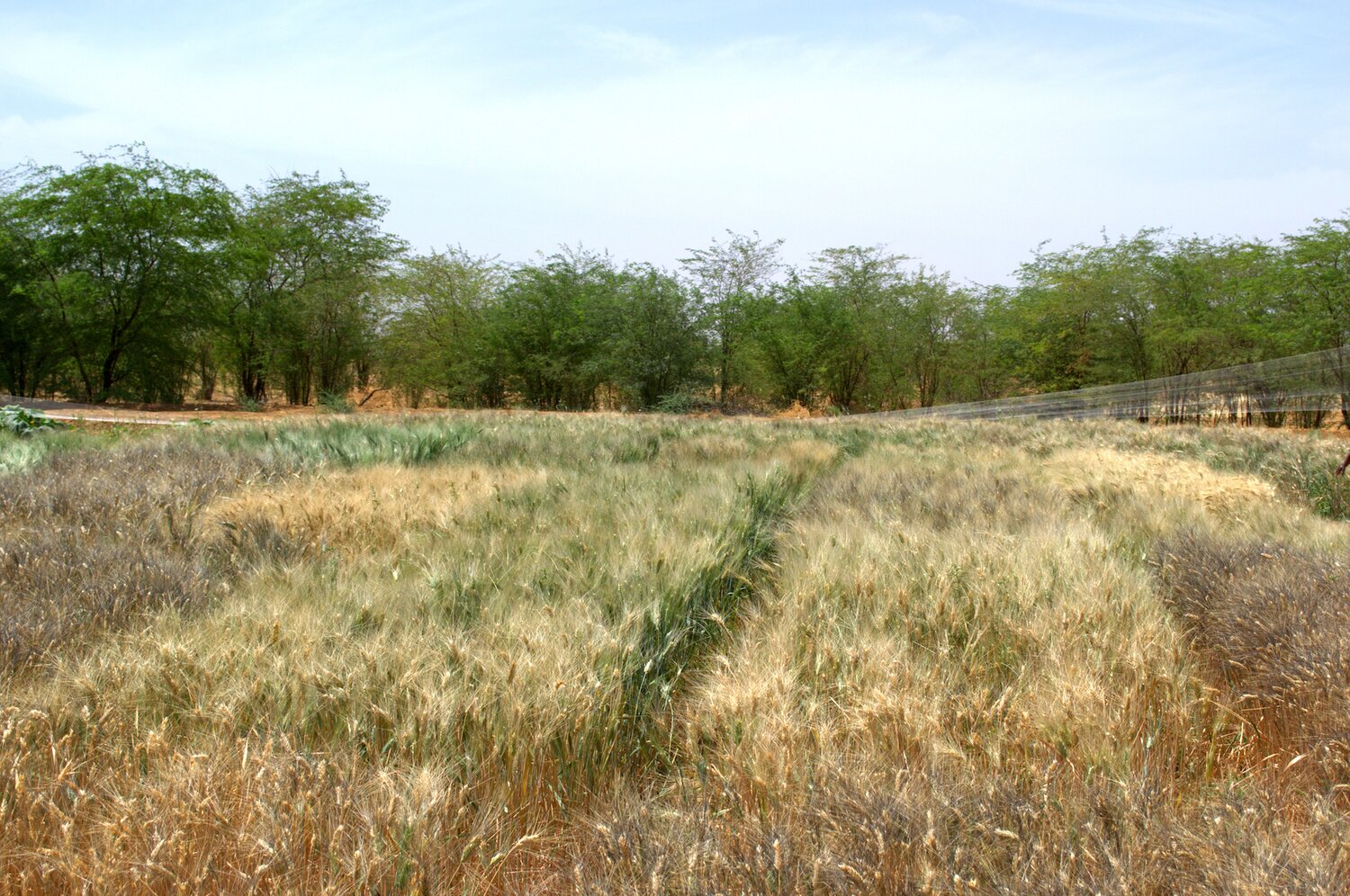
The many colors of durum wheat.
Photo credit: Filippo M Bassi
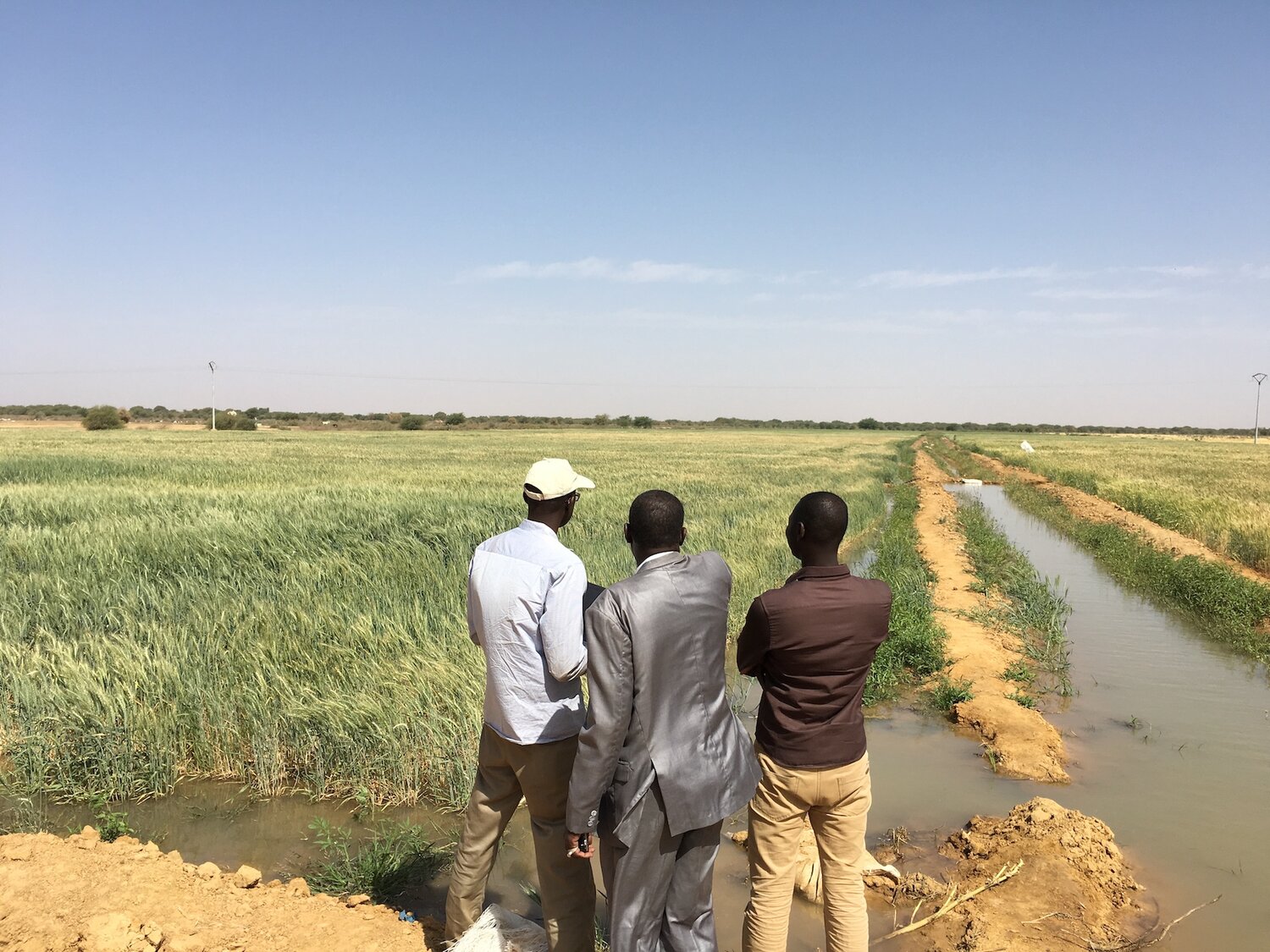
On farm production in Mauritania.
Photo credit: Filippo M Bassi
The project has won the Olam Prize for Innovation in Food Security, which is awarded by the international agribusiness company in partnership with the Agropolis Foundation. It shows that crops don’t have to run away from climate change. People like Filippo and his colleagues can help them cope, and even thrive. All it takes is crop diversity, and breeders who know how to squeeze the most out of it. Valor comes in different forms.
We at the Crop Trust are proud to be working with Filippo and the ICARDA genebank on the evaluation of different crops for heat and drought resistance in the context of our CWR Project.
Categories: Genebanks, Wheat, Climate Change

